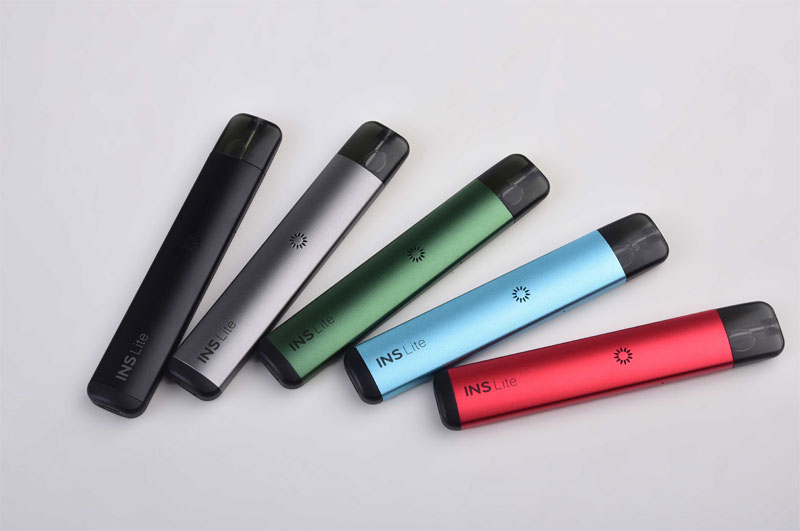In recent years, the landscape of tobacco consumption has significantly shifted with the rise of e-cigarettes. The Philippines, a country with a deep-rooted smoking culture, is no exception to this trend. Many Filipinos have turned to e-cigarettes, or vapes, as a perceived safer alternative to traditional smoking. But what drives this shift, and what are the implications for public health and society?
Growing Popularity of E-Cigarettes
The growth in e-cigarette users in the Philippines can be attributed to several factors. First, the perception of e-cigarettes being less harmful than traditional cigarettes plays a crucial role. Many Filipinos believe that reducing the inhalation of harmful chemicals is beneficial to their health. Additionally, the variety of flavors and the technological allure of e-cigarettes make them especially enticing to younger demographics.
Marketing and Accessibility
E-cigarettes are increasingly available in both physical stores and online platforms. This widespread accessibility means that e-cigarette users can easily purchase devices and refills, sometimes with less restriction than traditional tobacco products. Furthermore, marketing campaigns that position vaping as a ‘trendy’ or ‘modern’ habit have successfully captured a broad audience, further fueling the rise in e-cigarette users in the Philippines.
Health Considerations and Regulatory Challenges
While many switch to e-cigarettes for health reasons, the long-term impacts remain a contentious issue among health experts. There is ongoing debate about the safety of e-cigarette vapor and its potential role in aiding smoking cessation versus becoming a gateway to nicotine addiction for young users. The Philippine government has been actively working to implement regulations, balancing the market’s growth with necessary health precautions.
Recent policies have focused on age restrictions, advertising controls, and flavor bans, aimed at protecting younger populations. However, enforcement remains a significant challenge, with many unauthorized vendors operating under the radar.
Impact on Traditional Tobacco Use
The rise in e-cigarette use has had a complex impact on traditional smoking habits in the Philippines. Some reports suggest a decline in traditional cigarette sales as smokers transition to vaping. However, this shift is not entirely replacing cigarette use but rather supplementing it for some, leading to a phenomenon known as dual use. This trend poses unique challenges for public health advocates aiming to reduce overall nicotine dependence in the population.
Social Dynamics and Cultural Shifts
E-cigarettes have become more than just a smoking alternative; they represent a cultural shift. Social acceptance is increasing, and vaping ‘communities’ are forming both offline and online. These communities often share tips, tricks, and experiences, creating a sense of belonging and identity among users. For many young Filipinos, vaping is seen as part of a modern lifestyle choice.
Despite this acceptance, there remains a stigma attached to nicotine use, particularly concerning youth uptake. Parents and educators are increasingly called to address these issues, ensuring that the younger generation is informed about potential risks.
Future Outlook and Developments
The future of e-cigarettes in the Philippines will likely be shaped by ongoing regulatory adjustments and changing consumer perceptions. As technology evolves, so too will the devices, offering potentially safer and more effective alternatives to smoking. However, these advancements must be tempered with robust public health policies to mitigate potential risks.

Global influences, including initiatives from other countries with stricter vaping regulations, may also play a role in shaping the Philippine landscape. In the end, the challenge remains to find a balance that addresses safety concerns while respecting consumer choice.

FAQs
Q: Are e-cigarettes legal in the Philippines?
A: Yes, e-cigarettes are legal in the Philippines, but they are subject to regulations, including age restrictions and sales policies.
Q: Do e-cigarettes help with smoking cessation?
A: While some users report success in quitting traditional smoking with e-cigarettes, the results vary. It’s essential to consult health professionals when considering e-cigarettes for smoking cessation.
Q: What flavors of e-cigarettes are popular?
A: Fruit, menthol, and dessert flavors are particularly popular among Filipino e-cigarette users, reflecting global trends.



